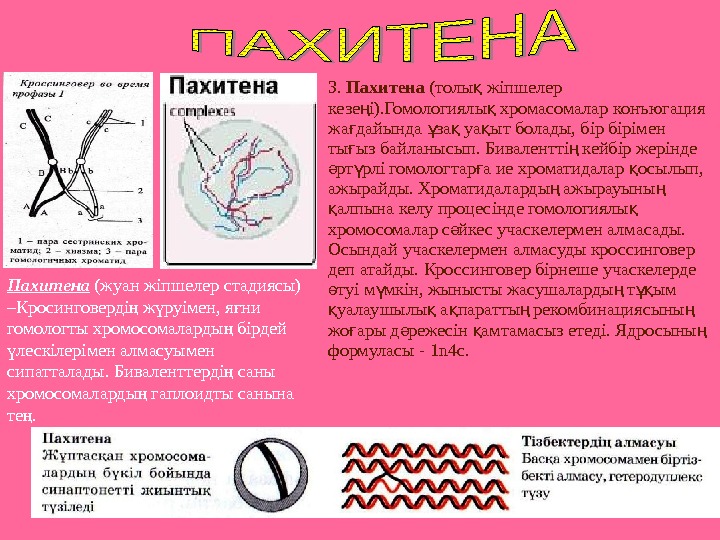Dn Turali Prezentaciya
суббота 13 октября admin 37
First president of Transnistria from 1991 to 2011 In the 1980s, 's policies of and in the Soviet Union allowed political liberalisation at a regional level. This led to the creation of various informal movements all over the country, and to a rise of nationalism within most Soviet republics. In the Moldavian SSR in particular, there was a significant resurgence of pro-Romanian nationalism among ethnic Moldovans. The most prominent of these movements was the. In the spring of 1988, PFM demanded that the Soviet authorities declare the only state language, return to the use of the Latin alphabet, and recognise the shared ethnic identity of Moldovans and Romanians.
Download burnout paradise for android mobile download. Selain Disini mimin juga menyediakan Mod Apk Gratis dan kamu bisa download secara gratis + versi modnya dengan format file apk. Kamu bisa sepuasnya download Android Apk Download, Download Games Android, Dan Download Mod Apk lainnya. » » burnout paradise apk - Yosshhaaa kali ini mimin akan membagikan full version premium terbaru yang bisa kamu download secara gratis dan tentunya terbaru, File bisa kamu unduh di link Download dengan mudah sekaligus gratis, oke deh langsung saja klik tombol download di bawah untuk mendownload burnout paradise apk, kami menyediakan direck link full setup apk, semoga bermanfaat.
Get YouTube without the ads. No thanks 1 month free. Language: English; Location: United States; Restricted Mode: Off; History Help.
The more radical factions of the Popular Front espoused extreme anti-minority, ethnocentric and chauvinist positions, calling for minority populations, particularly the Slavs (mainly Russians and Ukrainians) and, to leave or be expelled from Moldova. On 31 August 1989, the Supreme Soviet of the Moldavian SSR adopted Moldovan as the only official language with retained only for secondary purposes, returned Moldovan to the, and declared a shared Moldovan-Romanian linguistic identity. As plans for major cultural changes in Moldova were made public, tensions rose further.
Ethnic minorities felt threatened by the prospects of removing Russian as the, which served as the medium of interethnic communication, and by the possible future reunification of Moldova and Romania, as well as the ethnocentric rhetoric of the Popular Front. The Yedinstvo (Unity) Movement, established by the Slavic population of Moldova, pressed for equal status to be given to both Russian and Moldovan. Transnistria's ethnic and linguistic composition differed significantly from most of the rest of Moldova.
The share of ethnic Russians and Ukrainians was especially high and an overall majority of the population, some of them ethnic Moldovans, spoke Russian as a mother tongue. Ethnic Moldovans accounted for less than 40% of Transnistria's population in 1989. Symbols are still used in Transnistria. The nationalist Popular Front won the first free parliamentary elections in the Moldavian SSR in the spring of 1990, and its agenda started slowly to be implemented.
On 2 September 1990, the Pridnestrovian Moldavian Soviet Socialist Republic was proclaimed as a Soviet republic by an assembly, the Second Congress of the Peoples' Representatives of Transnistria. Violence escalated when in October 1990 the Popular Front called for volunteers to form armed militias to stop an autonomy referendum in, which had an even higher share of ethnic minorities. In response, volunteer militias were formed in Transnistria.
In April 1990, nationalist mobs attacked ethnic Russian members of parliament, while the Moldovan police refused to intervene or restore order. In the interest of preserving a unified Moldavian SSR within the USSR and preventing the situation escalating further, then Mikhail Gorbachev, while citing the restriction of civil rights of ethnic minorities by Moldova as the cause of the dispute, declared the Transnistria proclamation to be lacking legal basis and annulled it by presidential decree on 22 December 1990. Nevertheless, no significant action was taken against Transnistria and the new authorities were slowly able to establish control of the region. Transnistria War [ ]. Main article: The Transnistria War followed armed clashes on a limited scale which broke out between Transnistrian separatists and Moldova as early as November 1990 at.
